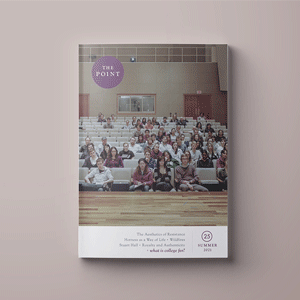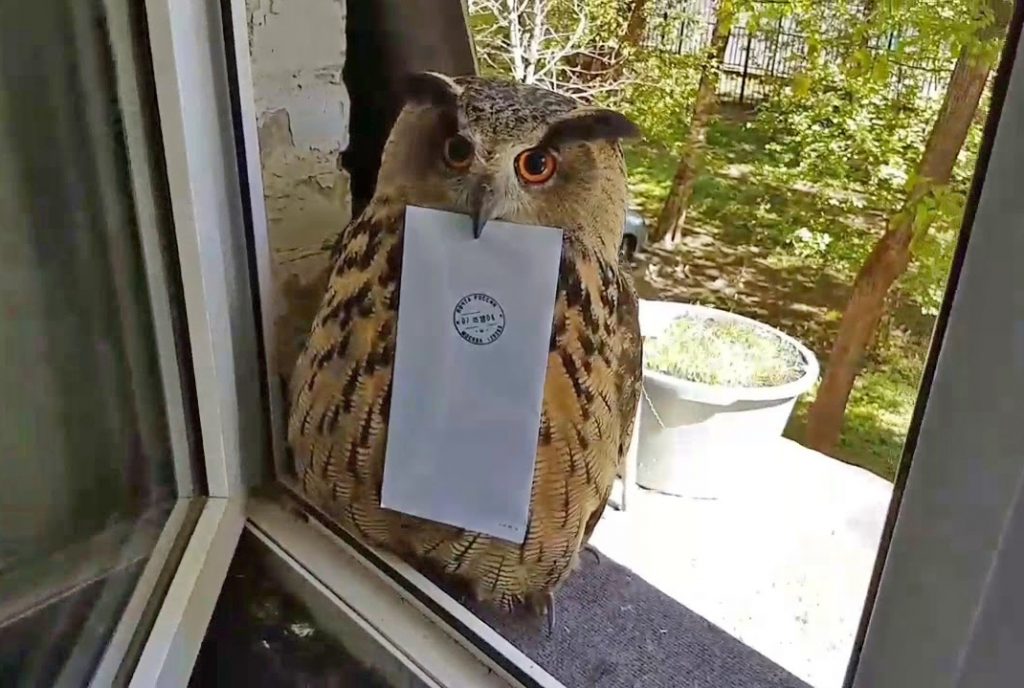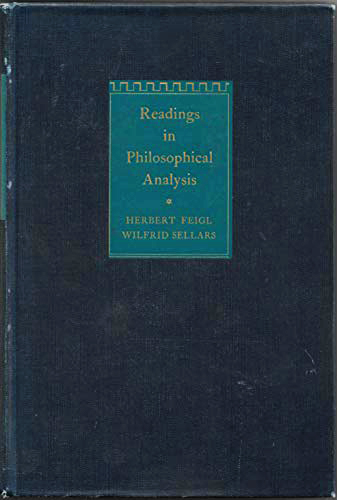So, by request, here’s a post that can serve as a place for those working in departments with graduate programs and those who have written letters for successful applicants to share their advice for writing such letters. What kinds of things make for an especially strong letter?
(Note: there was a previous post about this a few years back, but, probably owing to it being published over winter break, it elicited few replies, so we’re trying again.)
If you’re in a department with graduate students or have been involved with graduate admissions, you may have a good sense of this from having seen the letters from successful applicants to your own program. But not all philosophy professors are in that position.

Related posts: “What NOT to Say in Your Letters of Recommendation“, “How to Ask Your Profs for Letters of Recommendation“, “Problematic Letters of Recommendation for Students and How to Handle Them”
One of your undergraduate students tells you they’re applying to graduate programs in philosophy. They ask you to write a letter of recommendation. So you have the talk with them. Afterwards, they still want to apply, and they’re good, so you agree. What should go in that letter?






